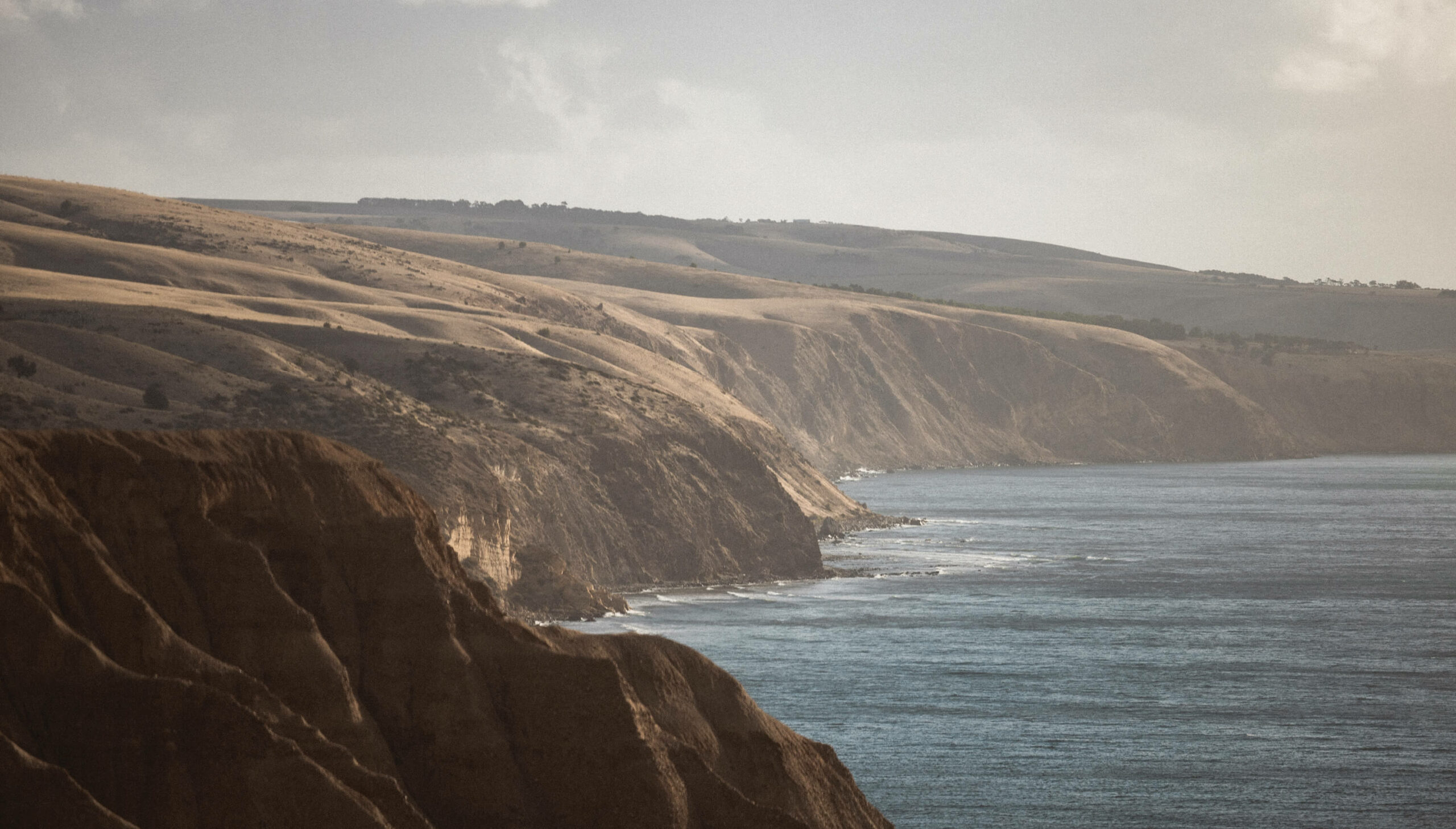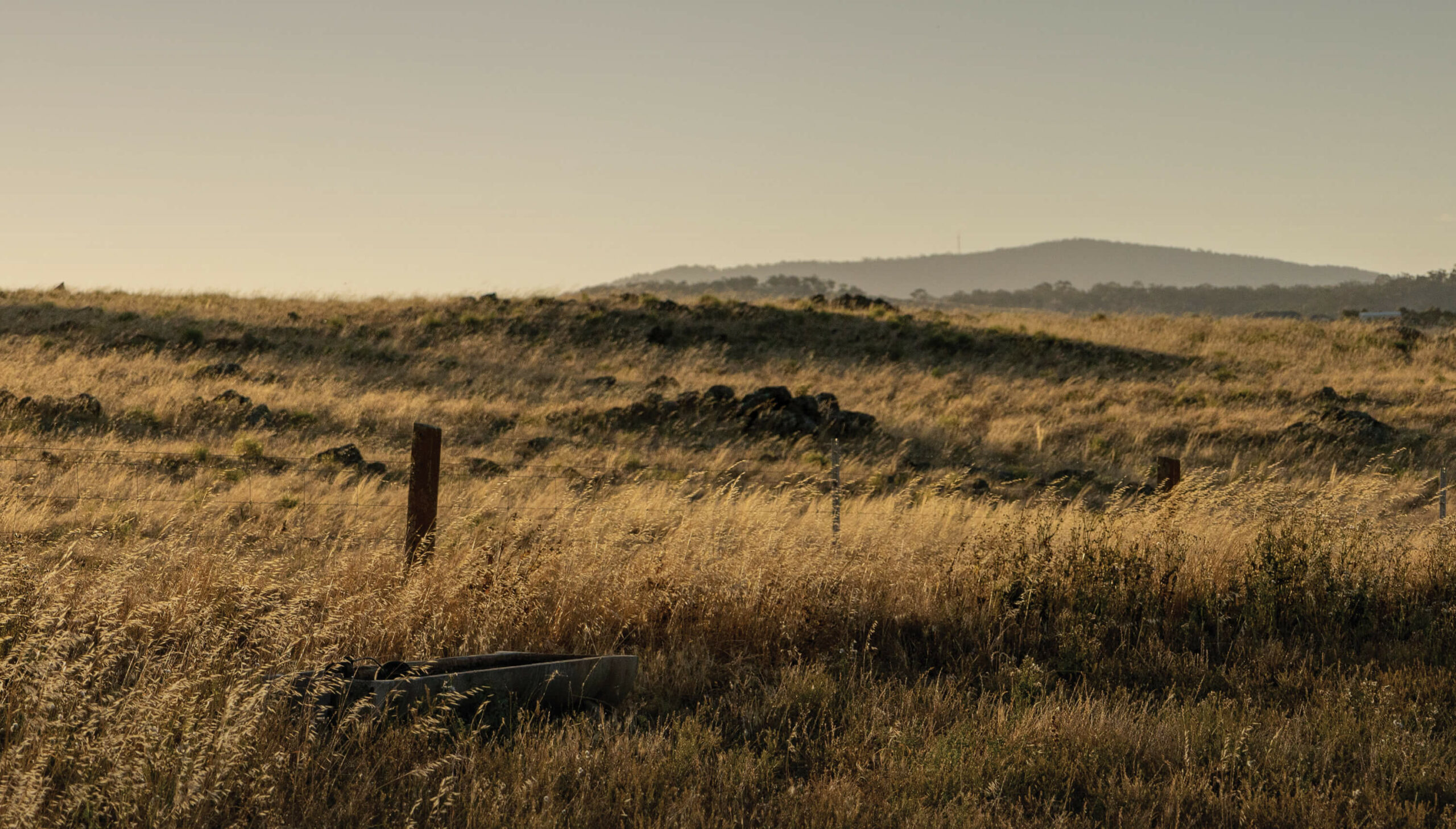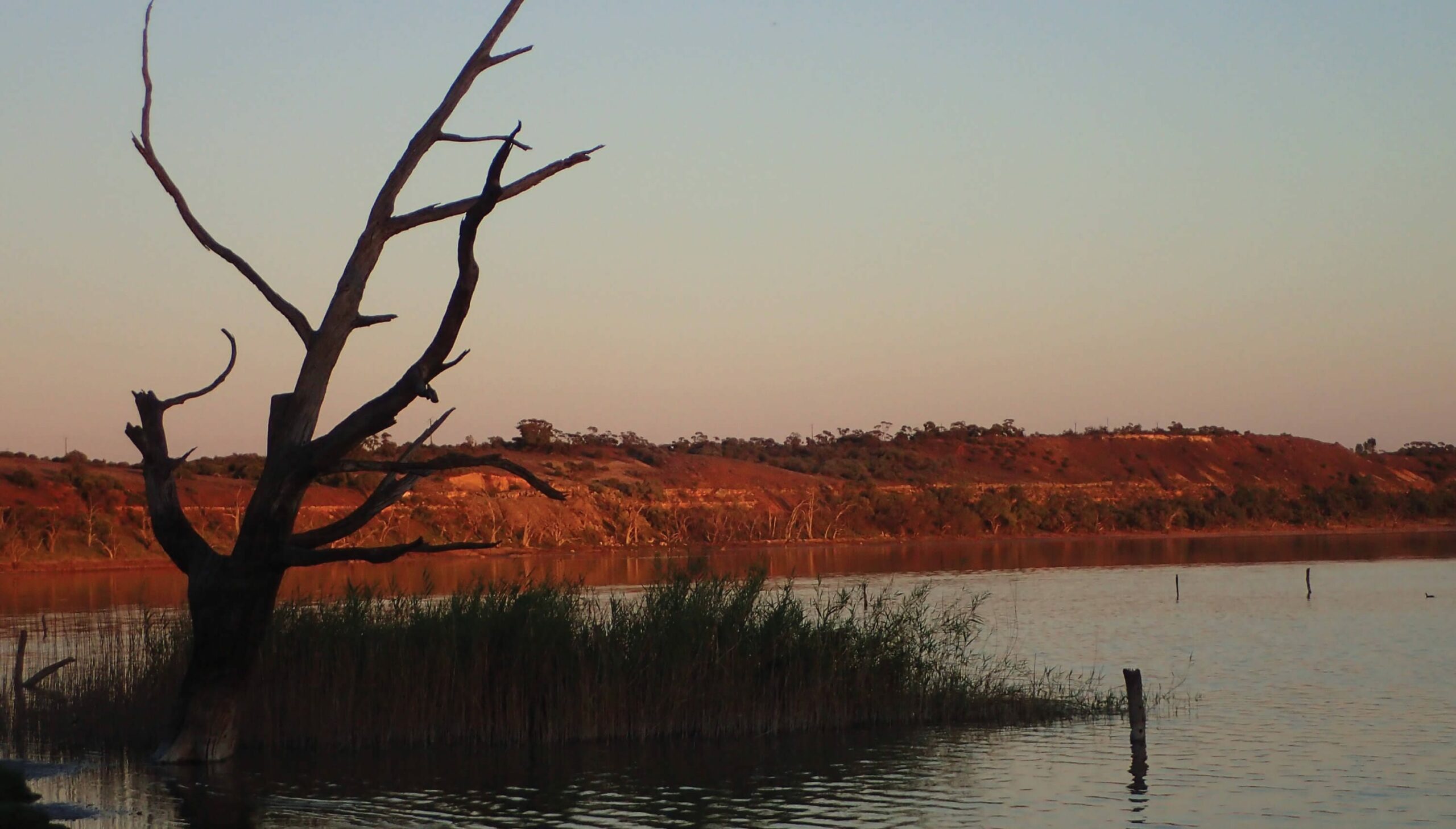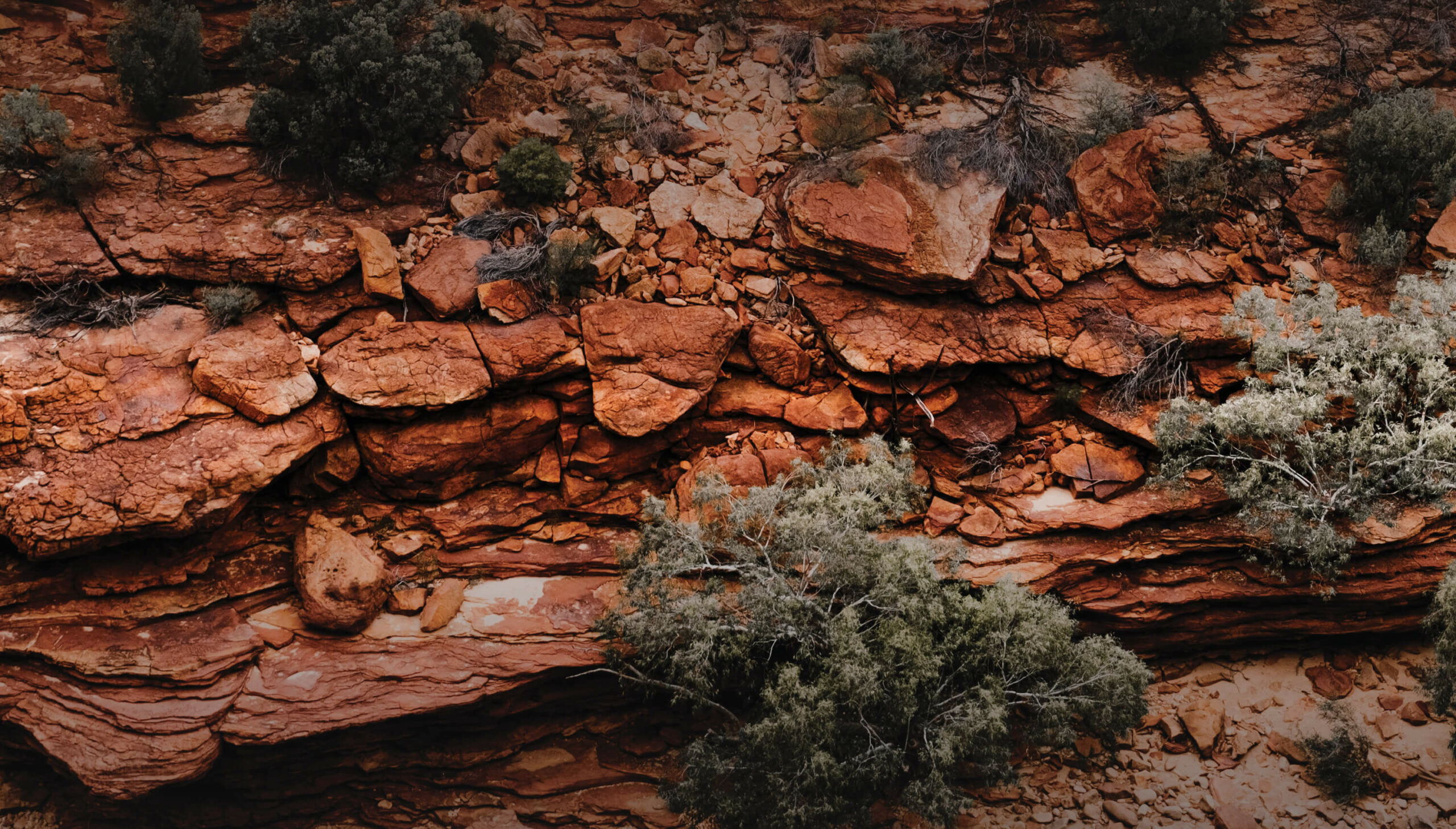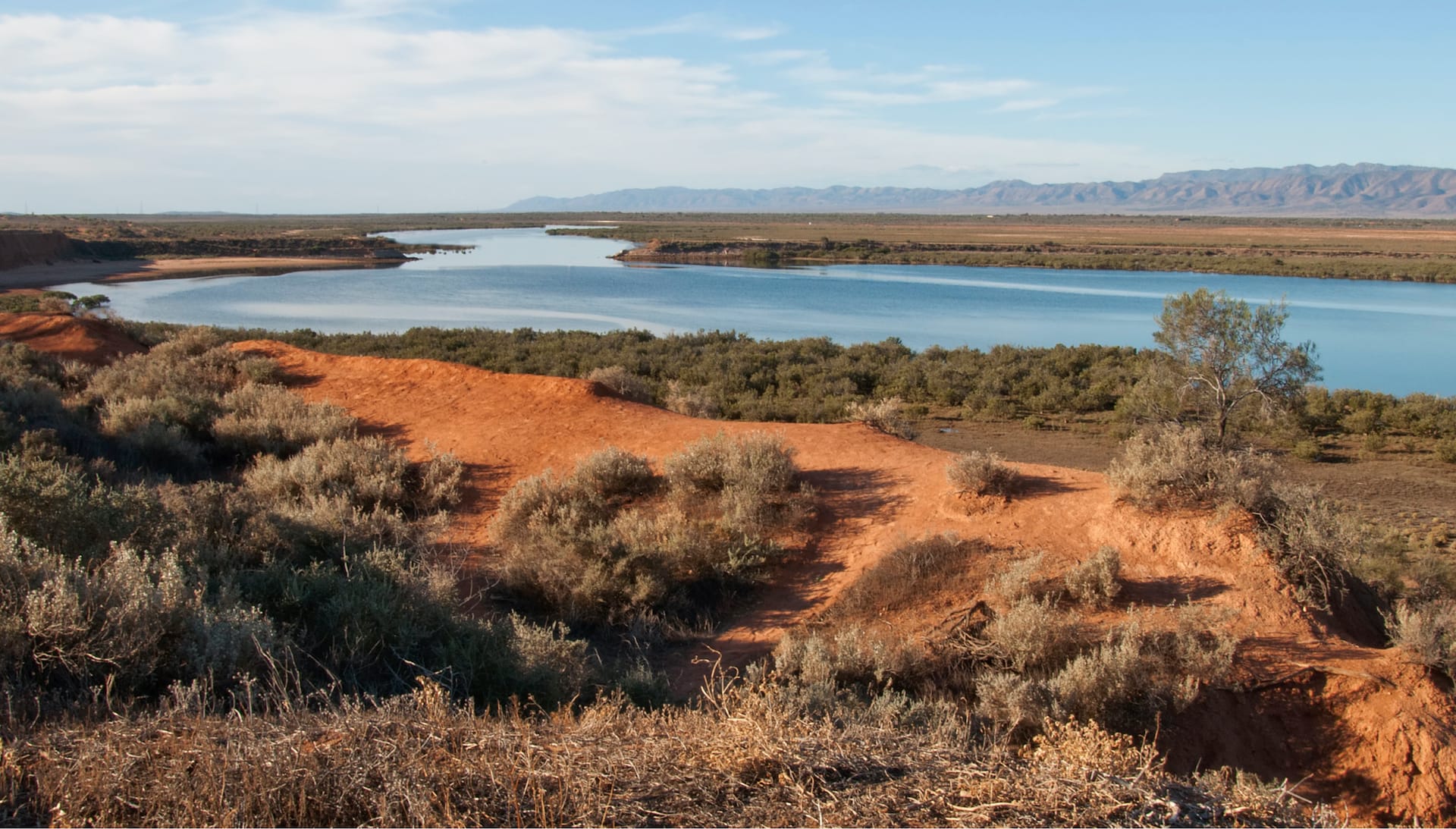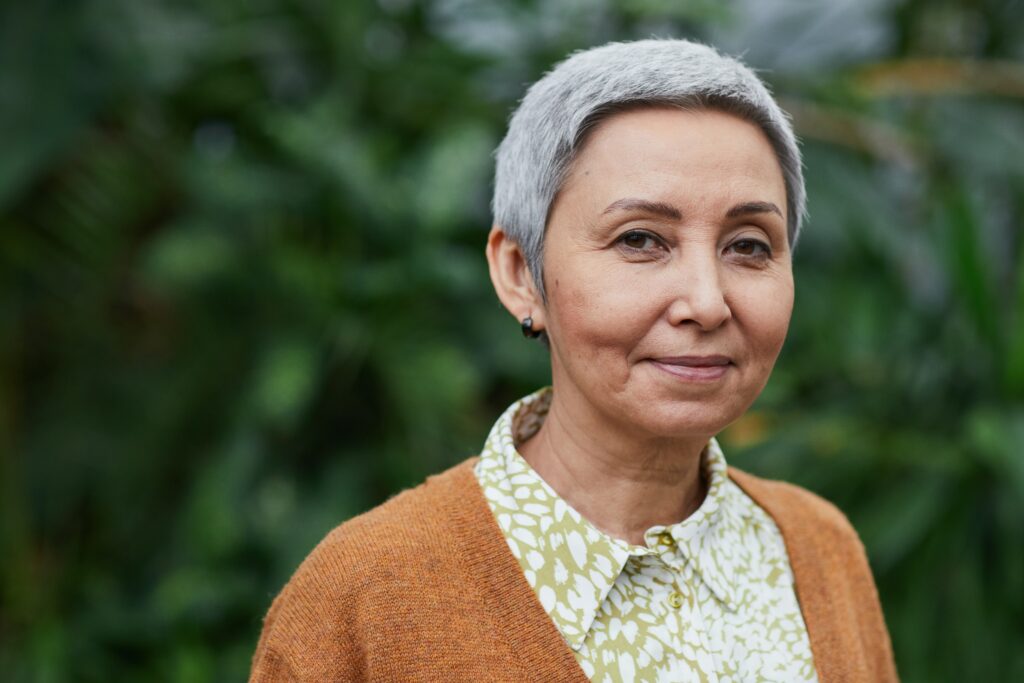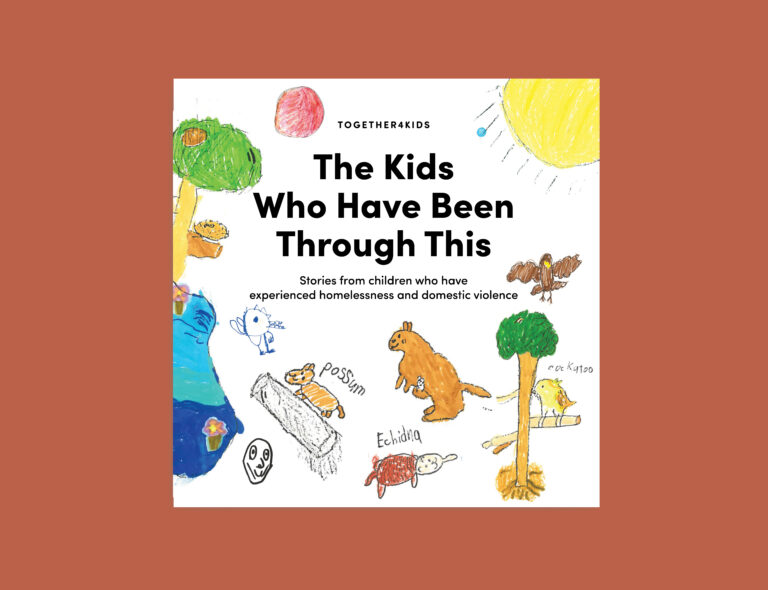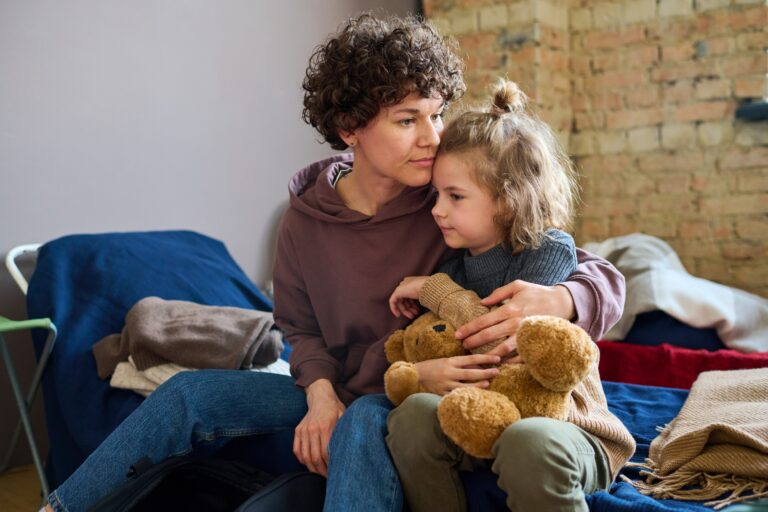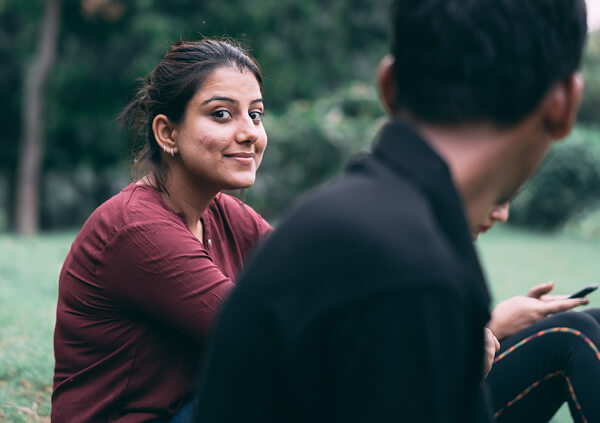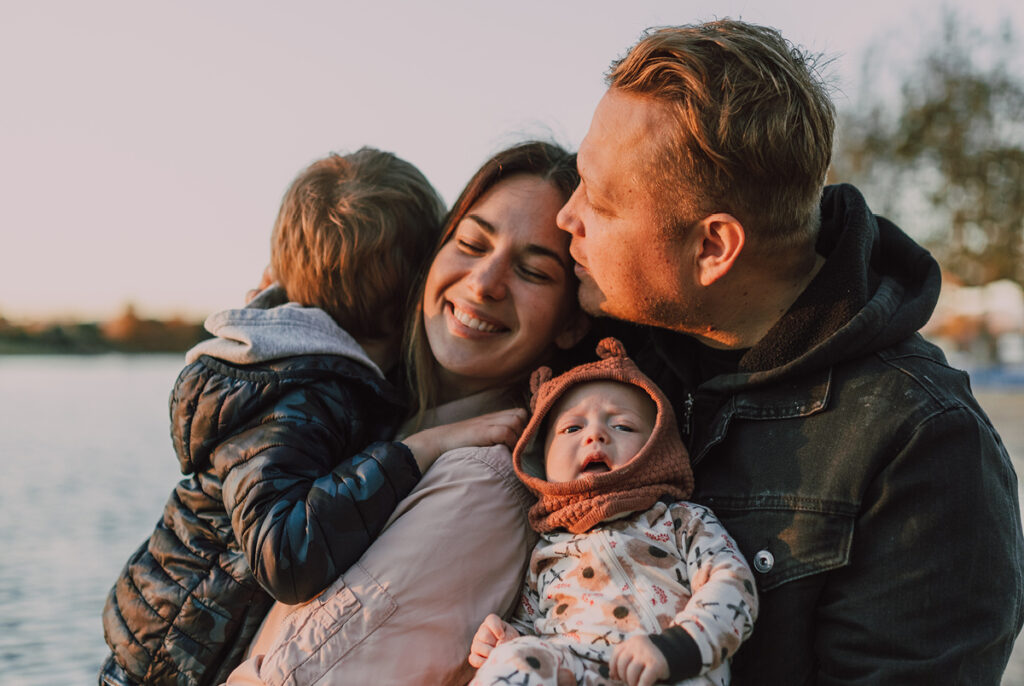If you’re reading this, it is likely you have experienced the feeling that no one really understands what you’re going through, even the people closest to you. These feelings are common for people living with chronic illness and can contribute to adverse health outcomes.

Strong Relationships are Healthy
Living with a chronic illness can be hard. Maintaining strong, positive relationships can be even harder! Being kind to each other during times of high stress takes work. Guilt, shame, resentment. These emotions are common among all couples and especially of people living with chronic illness. Evidence suggests that these negative emotions can have a negative impact on your health.
Ignoring relationships issues around intimacy and connection is not uncommon among couples, and getting help can be seen as a sign of weakness. Research suggests that taking a proactive approach to improving relationship health can have positive health outcomes for people living with chronic illness.
The Gottman Institute identifies successful couples as being ‘intimately familiar’ with each other’s world, and understanding each other’s goals, worries and hopes. The following tips are designed to help you focus on strengthening and improving your relationship health.
Tips for Strengthening Your Relationship
- Think of three things that you appreciate about your partner/loved one
- Tell your loved one what it is that you appreciate about them.
- Make time to connect with your partner; choose a simple activity such as cooking a meal or reading the paper and do it together.
- Consider the things you enjoyed together when you first met and work out a way to re-create a version of this.
- Ask your loved one ‘What were the ‘Top 5’ moments of your day?
- Show kindness and affection with a hug, caring words or by saying thank you.
“Above all, a sufferer needs a way of talking about the pain – permission to talk about it – without feeling judged, without the implication that you lack moral fibre, or are exaggerating.”
Hilary Mantel, Booker Prize winning author
Get in Touch
If you would like to see a Relationships Counsellor contact 1300 364 277 or visit the Humankind homepage.
Service Acknowledgment
© Human+Kind: Living Better Together by Relationships Australia is licensed under CC BY-NC-ND 4.0
